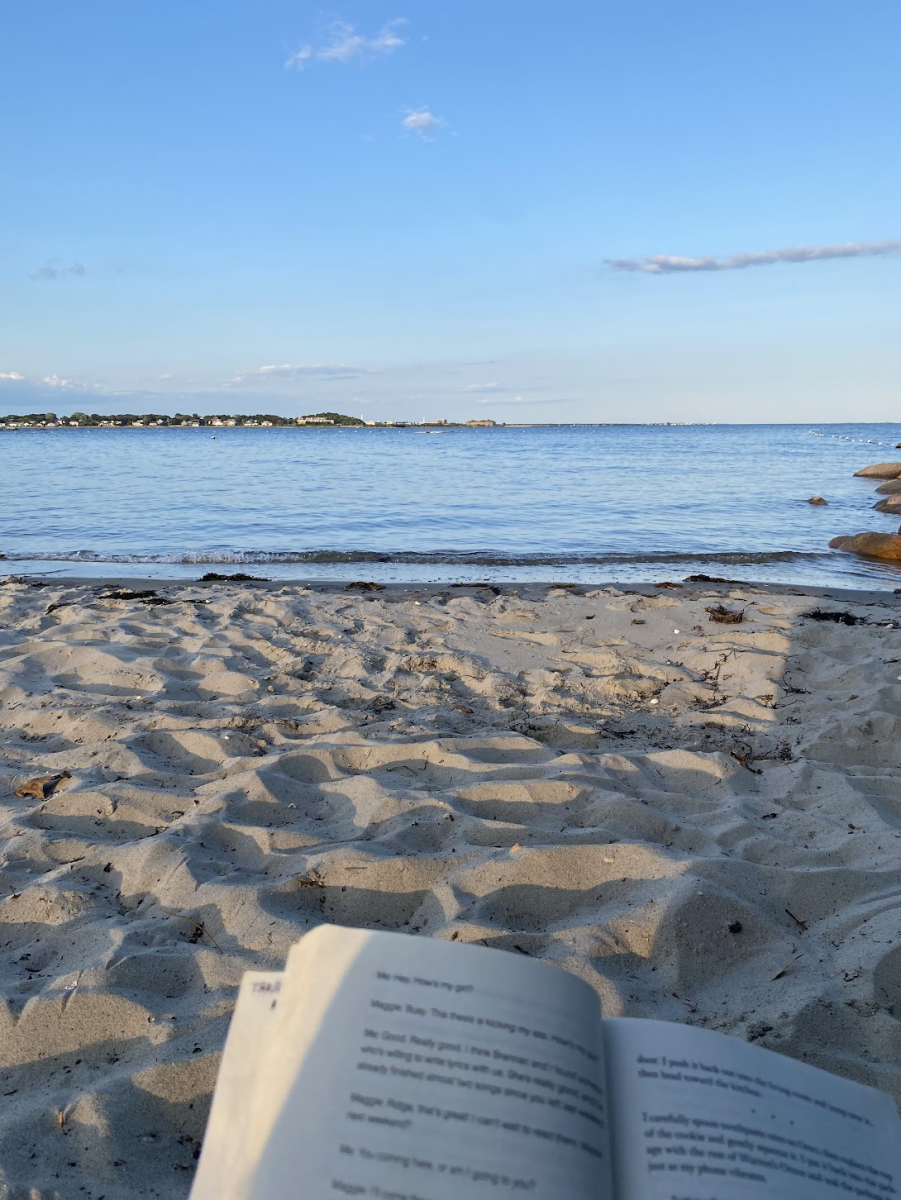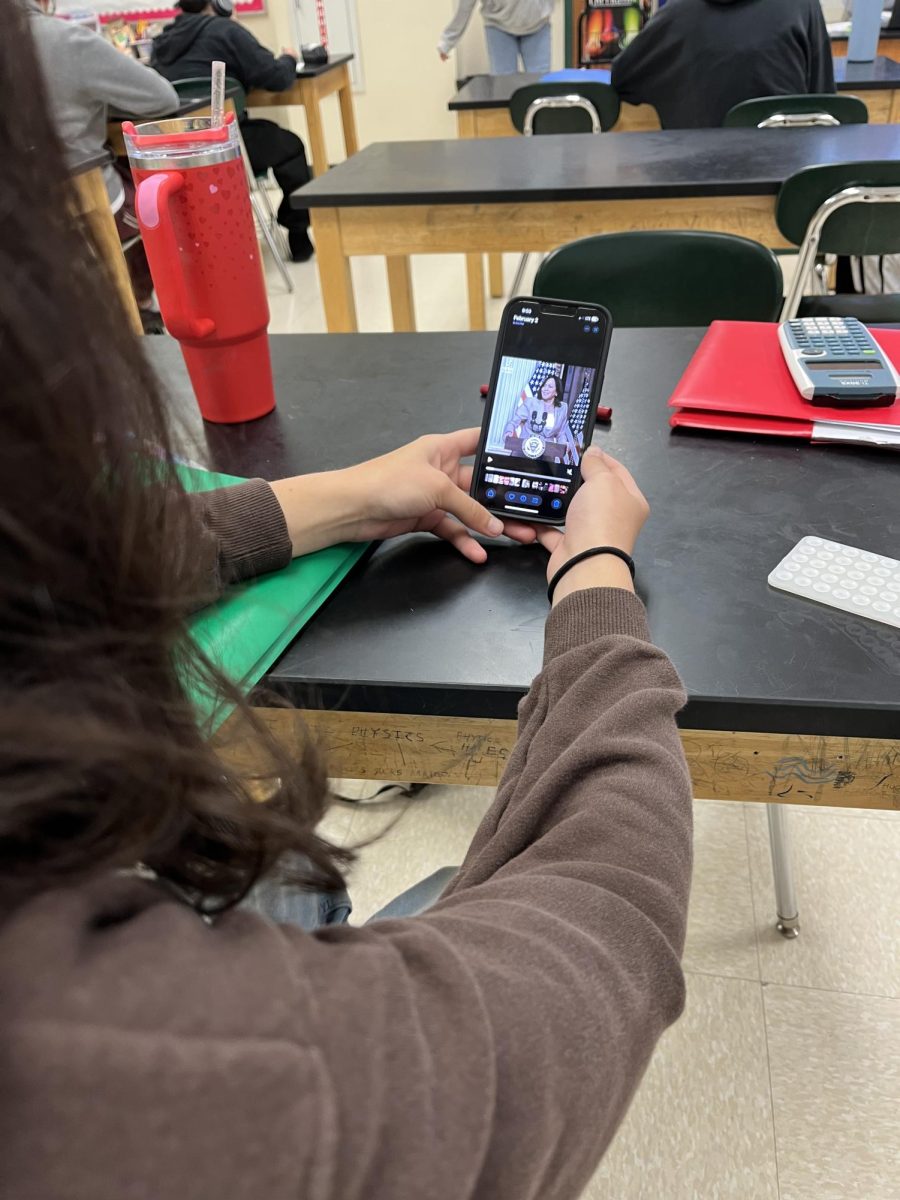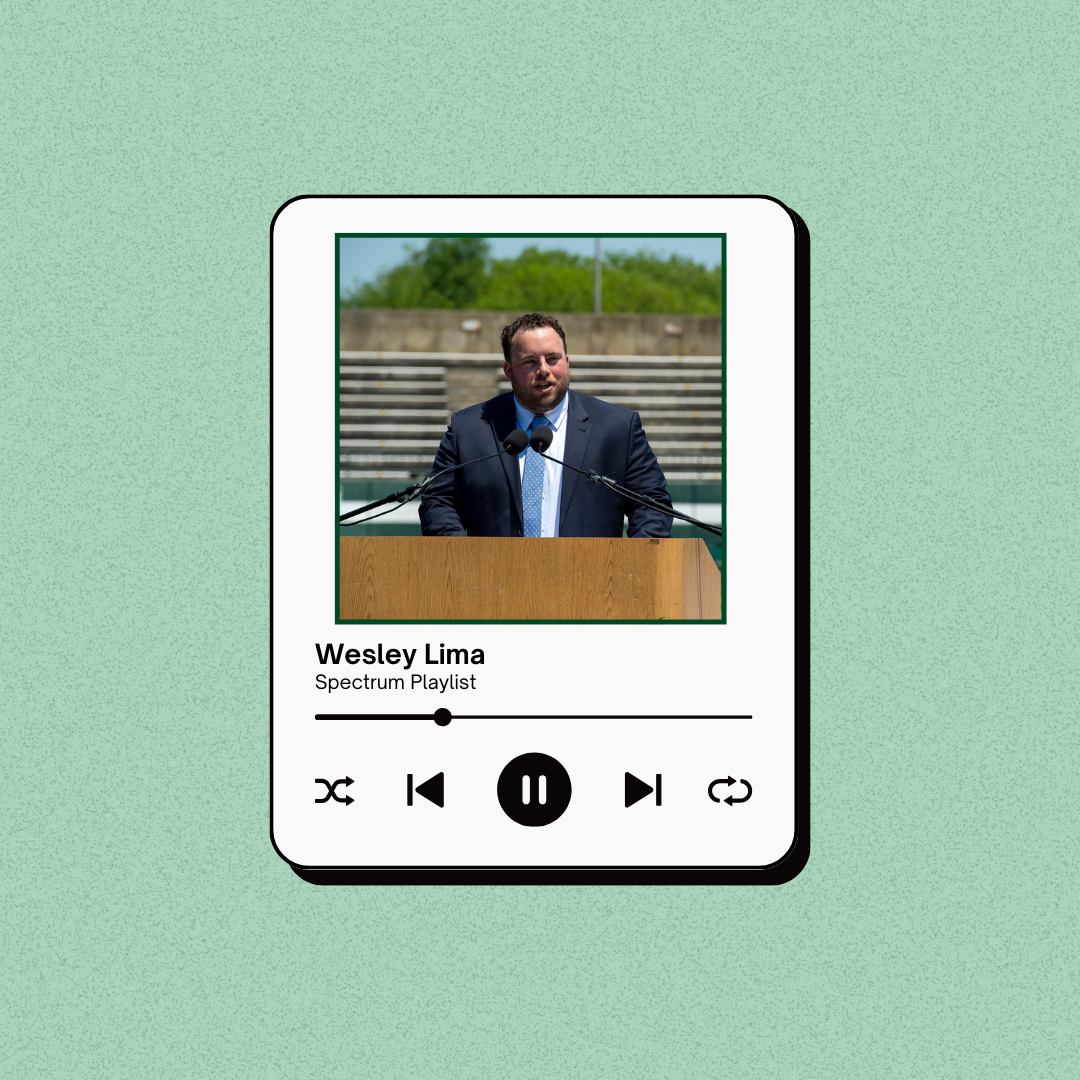Unless you’re inclined to take APs at DHS (or are preparing to take the August SAT…eye roll), students are happy to end the school year with the notion of not having any “academic responsibilities” for the 70 or so days—besides summer reading.
At the end of each school year, faculty and rising seniors have the option to sponsor a book, which is then approved by the English Department as eligible for high school readers. Afterwards, the entire student body is emailed one of their last assignments of the school year: choose one book from a list of over 30 authors, based on their descriptions, to be read in its entirety over the summer.
Other local schools like New Bedford, Voc, and Fairhaven offer similar opportunities as DHS—giving a list of books out to their students and telling them that at least one from their list is a required read. Only, do these districts have the same issue of participation?
A rising concern at DHS is the students’ lack of following through. Many students do not read their selected book in time for the in-school discussion during PASE come September. We know, even as students, that the summer months provide enough to have the full capability, time, and interest in participating (since students were given choices rather than being forced to read a certain title). So what is causing this lack of fulfillment in the simple task of reading one book?
Well, there is really no regulation or consequence if a student doesn’t read their selected book. If students did not sign up for a book electronically, they go to the cafeteria, where they join a Google Classroom to complete one of the three options for an alternative assignment. Over 600 students were signed up for or assigned one of the questions—approximately 2/3 of the student population.
On the contrary, many of the remaining students who did sign up for a book chose to opt out of the “10 question bluebook quiz.” Created by the book’s sponsors, the quiz is an opportunity for students to get bonus points in whatever English class they are enrolled in—if they score an 80% or above.
Rules and parameters (like these bonus point quizzes) are seemingly put in place to motivate students to complete the summer reading assignment. But students who signed up for books are getting poor results on the quiz, or are opting out of taking the quiz altogether.
Which poses the question: how many students are actually reading their summer reading book?
This is a problem.
If new and incoming students see this trend, there is little to no doubt that the participation or even initiation of these discussions will get more and more meaningless. Why waste a valuable PASE period talking about a book that a group of 17 claim to have read, but only three can discuss?
Or, even stricter regulation could be enforced on what should be viewed as a choice-oriented, enjoyable summer read.
To exemplify this struggle as more of a universal one (and to avoid social desirability bias), I myself sponsored a book this year, and can honestly say I did not complete it in its entirety. Despite this, I went into the proctor session knowing 100% more about The Summer of ‘69 than everyone else in the room. I asked questions and compared thought processes with the small handful of students that did read the book. Mostly if not all were freshmen—an interesting impression that could be a result of their unfamiliarity with the slack in the system.
I didn’t struggle to carry on the conversation because of the 28 pages I failed to complete (and that’s me feeling guilty). However, the regression of summer reading could continue its contagious omission if more and more students take advantage of the flexibility.
Obviously, there needs to be a better structure to these reading discussions. For example, students could fill out a form prior to the PASE discussion that simply asks if you read around/over half of the book—and are thus able to participate in group conversation. This could allow sponsors to know if their participants should actually be included in the discussions, and if they are really able to interpret and respond with true opinion.
The English Department could also provide less options for books, combined with adding more sponsors on the same book. That way, students are more encouraged to select what their friend is reading over the summer, or have an easier time reading through descriptions of books in the selection process.
All that to be debated, but what’s the solution?













